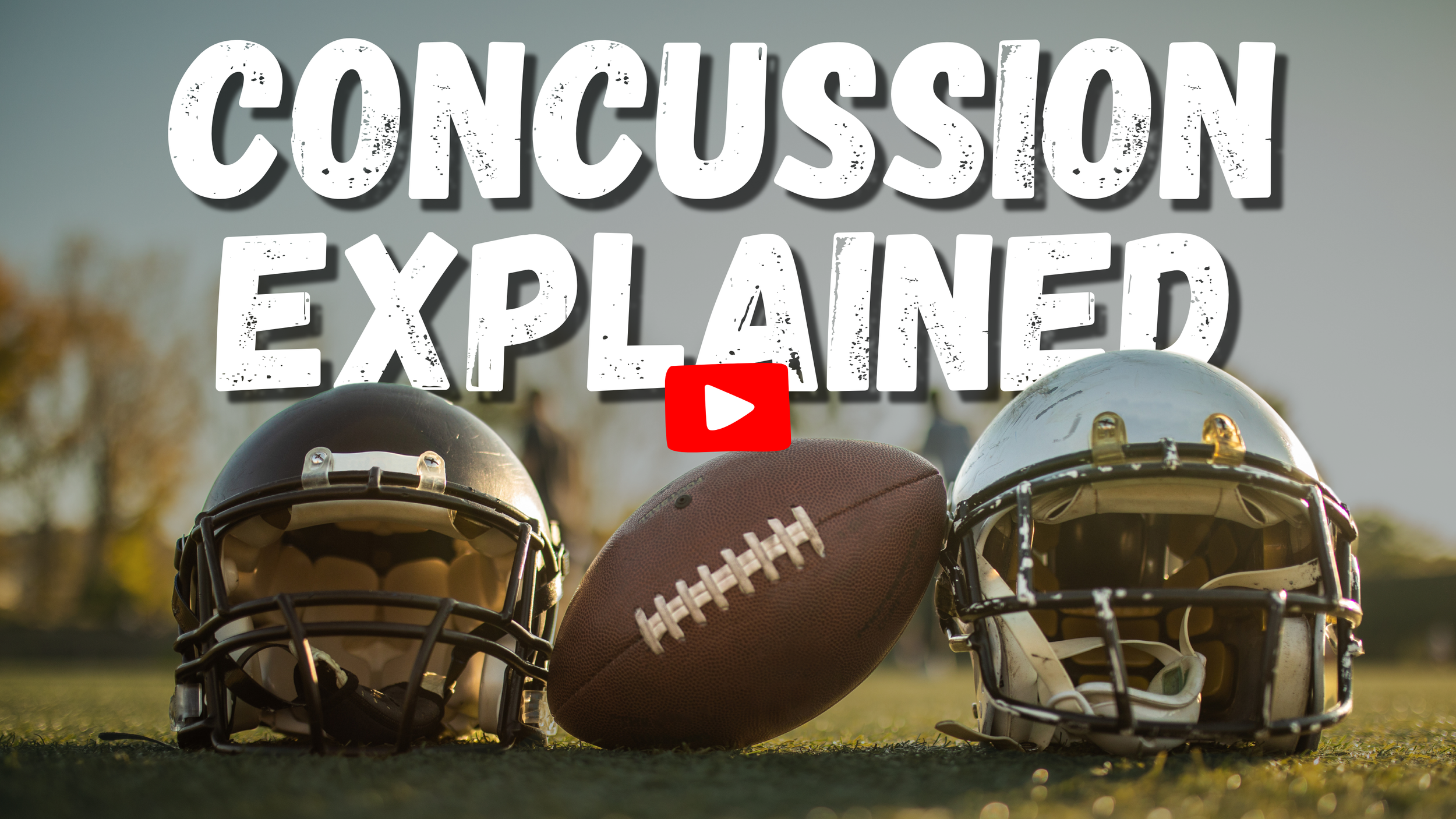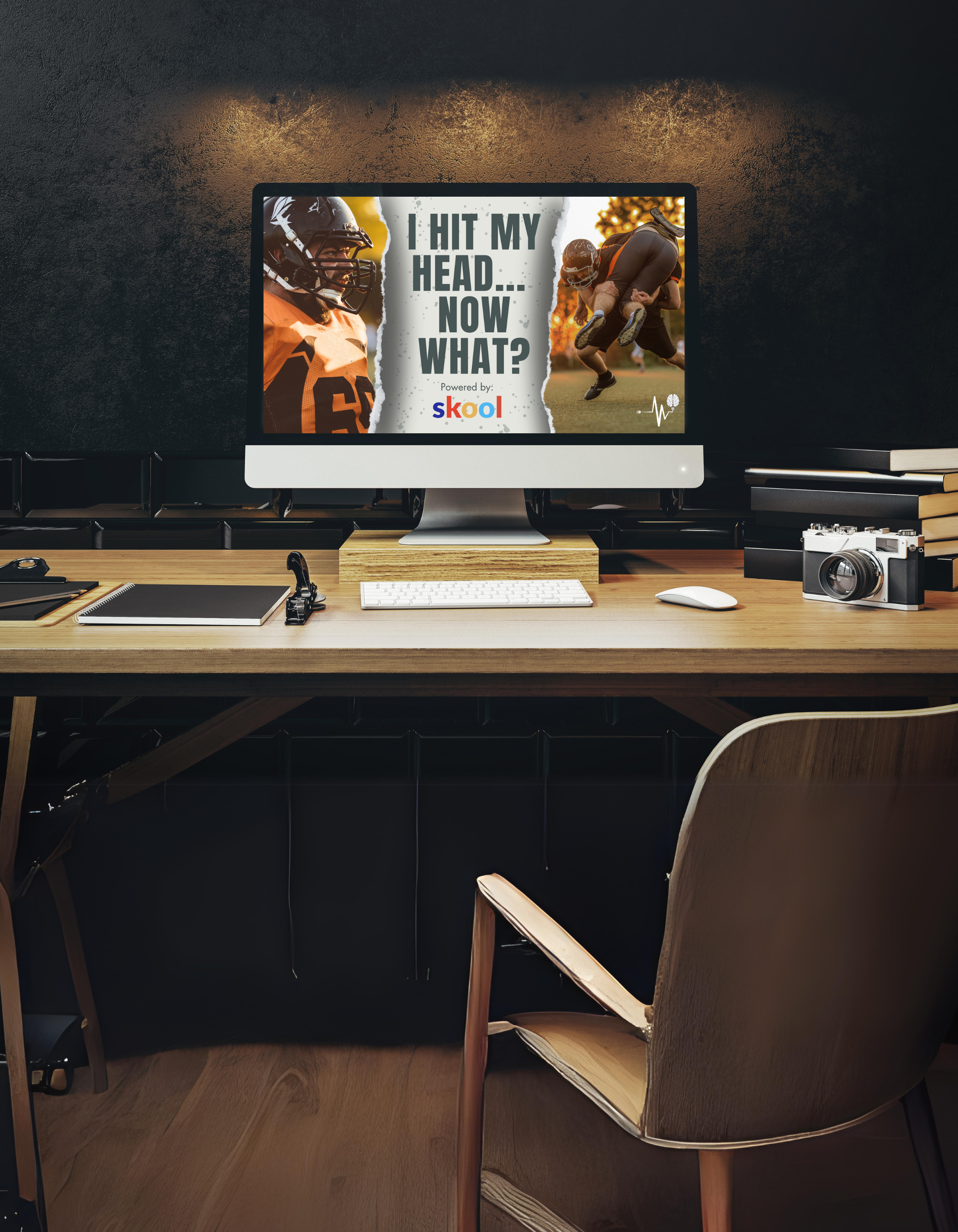
CONCUSSION
Recover from Your Concussion Faster—Without the Guesswork
How Does This Work?
01
Schedule your free 30 minute phone consultation with the doctor.
02
Take part in our 90 minute comprehensive initial examination.
03
We will create a customized care plan based upon your exam findings.
04
Join others who were just like you, now living the life they once remembered.
Why the Current Approach Fails
Most concussion treatments fail because they rely on outdated methods or a one-size-fits-all approach. Concussions are complex, and no two cases are the same. Symptoms can range from balance issues to syncopal episodes and everything in between so patients are often left to navigate their symptoms alone—wondering which specialist to see or what steps to take next. At Peak Brain Performance Centers, we cut through the confusion. With years of experience coupled with the latest research, we provide a clear, personalized path to recovery—all under one roof. Book your free consultation today and take control of your recovery.
Ultimate concussion recovery guide
Unlock effective concussion management with our free PDF guide! Whether you're a healthcare professional, athlete, or concerned individual, this resource provides evidence-based strategies, expert insights, and practical tips for everything from assessment to long-term recovery. Download your free copy now and take the first step toward optimal recovery!
free Concussion Masterclass
Had a concussion recently—or still feeling off months later? This free, no-fluff masterclass walks you through what actually happens to your brain, what works for recovery, and how to avoid the biggest mistakes that slow healing. Whether you're an athlete, a parent, or just lost a fight with a cabinet door, this course makes the science simple and actionable.
schedule a call with the doctor
Schedule a free 30-minute consultation call with Dr. Shem. During this call Dr. Shem will inquire about your health history to determine if Peak Brain Performance Centers aligns with your needs. If he believes we're not the best fit, he'll will then make a recommendation for a more suitable provider.
We have seen patients just like you. Don't believe us? Check out our patient success stories to hear from patients just like you and the results they were able to achieve at Peak Brain Performance Centers.
concussion blog
I JUST HIT MY HEAD… NOW WHAT? YOUR STEP-BY-STEP GUIDE FOR THE FIRST 48 HOURs
CAN YOU SLEEP AFTER A CONCUSSION? THE TRUTH ABOUT NIGHTTIME WAKE-UPS
NETFLIX AFTER A CONCUSSION: WHY YOUR RECOVERY MIGHT TAKE TWICE AS LONG
CAN YOU DRINK AFTER A CONCUSSION? HERE’S WHY YOU SHOULD THINK TWICE
SYMPTOMS YOU CANNOT IGNORE-WHEN TO GO TO THE ER
THE TRUTH ABOUT CONCUSSION RECOVERY: WHY SOME HEAL FASTER THAN OTHERS
FAQs
-
A concussion happens when your head quickly changes speed, causing your brain to stretch, much like spraining a ligament. This stretching damages nerve cells, causing them to "short circuit" and misfire, which is why you might see stars or hear ringing. At the same time, blood vessels that supply oxygen and sugar to the brain get stretched or torn, reducing energy flow to already overactive brain areas. This leads to brain cell death and inflammation, causing swelling, nausea, headaches, and possibly the need for medical treatment.
-
A concussion typically causes two or more symptoms within 72 hours of the injury. If you or someone you know experiences a head trauma or violent shaking of the head, assume it’s a concussion unless a trained healthcare provider rules it out. Symptoms can show up immediately or up to 3 days later. The most common is a headache, but there are over 50 possible symptoms, such as feeling irritable, anxious, or emotional, having trouble concentrating or remembering things, dizziness, nausea, sensitivity to light or noise, and sleep problems. Since the brain controls everything we do, even mild injury can affect any part of your life.
-
If you think you might have had a concussion, here are some key things to watch for. The symptoms usually appear within 72 hours of the injury, and can include headaches, dizziness, trouble with concentration, sensitivity to light or noise, confusion, and even mood changes. While it’s important to avoid certain activities right after the injury, like heavy physical exertion or anything that puts you at risk of another injury, it's also critical to start moving again as part of your recovery. Here’s the deal: your brain needs time to heal, but that doesn’t mean complete rest for days on end. The first 48-72 hours are important for relative rest. That means avoiding heavy physical or cognitive tasks (like a 12-hour Netflix binge or a marathon work session), but still gently reintroducing movement—like light walking or simple activities that don’t overstimulate your brain. It’s all about gradually finding the balance between rest and starting to use your brain and body again. It’s important to check in with a healthcare provider trained in concussion management, as they’ll help you figure out your next steps. If pain relief is needed, be sure to consult with your doctor first, especially when it comes to over-the-counter medications. Your doctor will guide you on the best option, like Tylenol, rather than riskier choices like aspirin or ibuprofen, which could interfere with healing. Staying active in small ways and working closely with your doctor will help keep your recovery on track and improve your chances of feeling better faster.
-
It's always better to be safe than sorry. If you’re unsure, it’s always a good idea to visit the emergency room and get checked out—even if it’s just for peace of mind. Not many people regret hearing, "everything is alright." Imaging (like a CT scan) is usually only needed if certain conditions are met, like being over 60, experiencing severe headaches, neck pain, or multiple episodes of vomiting. MRIs rarely provide useful information for concussions. You shouldn’t return to regular activities until you've been evaluated by a trained healthcare provider, your testing has normalized (even if some symptoms remain), and you've been cleared to resume normal activities. Returning too soon increases the risk of another concussion, which can lead to more severe damage or, in rare cases, second impact syndrome—which can be deadly.
-
Your body is incredible at healing itself, but that doesn’t always mean it will return to “normal.” For example, when you get a cut, your body heals, but a scar remains. Similarly, if you roll an ankle, it heals, but without proper rehab, it's more vulnerable to future injuries. The same goes for brain injuries. While research shows that most people’s symptoms from a first concussion resolve in about 10 days (for adults) or 14 days (for kids), up to 77% of people experience symptoms that last for months or even years. This is what used to be called "post-concussion syndrome" but is now referred to as "persisting post-concussion symptoms." Even mild concussions can have lasting effects, and untreated brain function issues can prevent recovery. Plus, there’s evidence that repeated sub-concussive injuries may lead to chronic traumatic encephalopathy (CTE). After 10-14 days of no improvement, a primary care provider will often refer patients to a concussion specialist. These specialists may include neurologists, physical therapists, chiropractors, or neuropsychologists.
-
When it comes to concussion treatment, there’s no such thing as a “one-size-fits-all” approach. Just like fingerprints, every brain is unique, and so is every concussion. In fact, there are five distinct subtypes of concussions, each with its own set of symptoms and challenges. So when people say “just rest and hope for the best,” that approach can be seriously misleading. That’s why a personalized treatment plan is essential. If it’s been more than a few weeks and you’re still feeling off, simply waiting it out is likely not going to cut it. Recovery isn’t about crossing your fingers and hoping things get better; it’s about identifying the right treatment that works for you.
-
A major cause of concussion symptoms and post-concussion syndrome is the brain’s remodeling process and inflammation. These changes occur due to a combination of genetics, brain plasticity, and the brain’s attempt to heal after injury. Functional neurology aims to identify areas where brain function is compromised and then creates a treatment plan to restore those functions using the brain’s plasticity. By using targeted sensory, motor, and cognitive exercises, a trained functional neurologist—especially one certified by the Carrick Institute or the American College of Functional Neurology—can help re-wire the brain. They use therapies like vision therapy, physical therapy, speech therapy, vestibular therapy, mental health coaching, coordination training, cognitive rehab, and more. The key is finding treatments that are right for the individual concussion, which requires a formal consultation and a comprehensive evaluation to determine.
-
Following a physician-guided Return to Activities (RTA) or Return to Play (RTP) protocol after a concussion is crucial to prevent long-term damage. Ideally, everyone would have a Brain Health Assessment before any concussion, so healthcare providers could track exactly when the brain has healed and when it's safe to resume activities or contact sports. Unfortunately, most people aren't proactive about brain health, so that’s rarely the case. Without a baseline test, concussion doctors essentially try to aim without a target. Instead, we assess symptoms, performance, and tolerance to increased demand to determine when a patient has returned to their "normal." The key is recognizing that "normal" can vary from person to person. We allow patients to return to full activity only after confirming they've reached their pre-concussion baseline.

There were over 64,000 TBI-related deaths in the United States in 2020. That’s about 176 TBI-related deaths every day.
Trusted by Patients & Doctors around the Globe
Rest easy knowing that you are receiving the best care so you can get back to being yourself.

book your appointment
We're thrilled to welcome you to our practice and eager to meet you in person. Schedule your first appointment today and let's embark on this journey together. Our team is dedicated to providing unique and personalized care tailored to your individual needs, and we can't wait to get started. Every day you wait is another day of unnecessary symptoms—your path to recovery begins here!




















